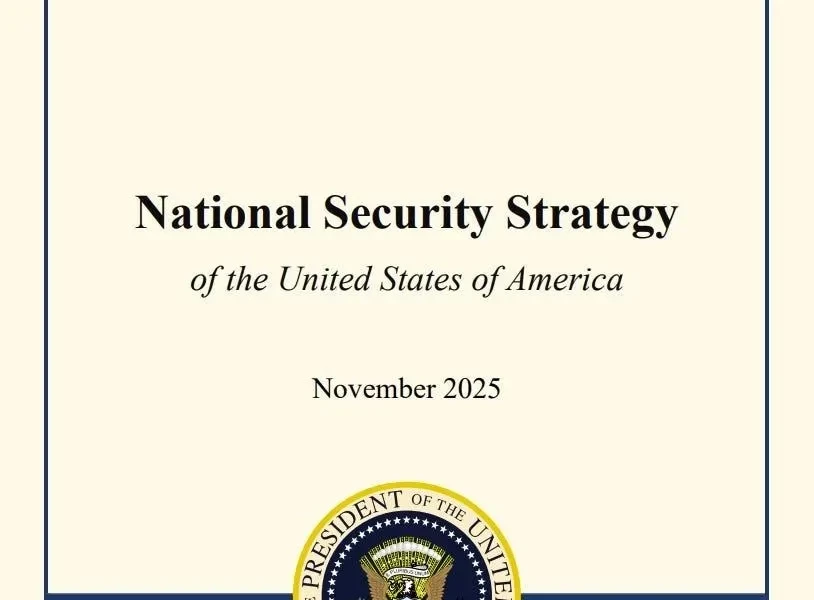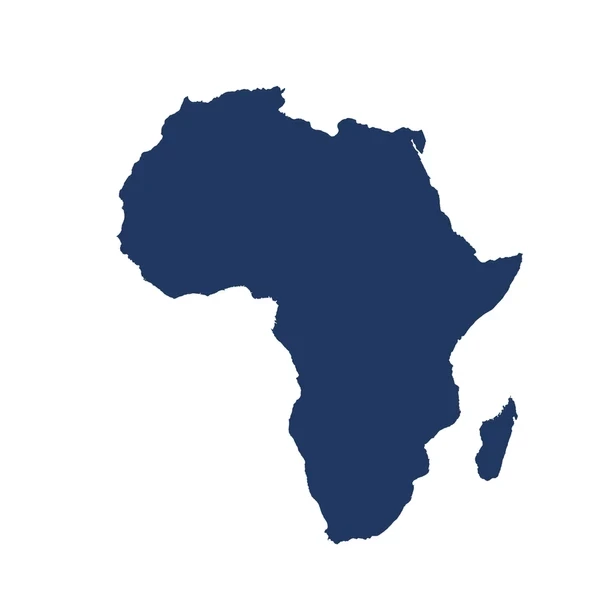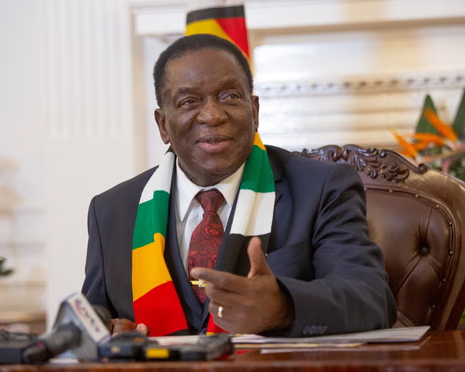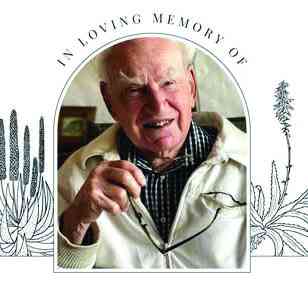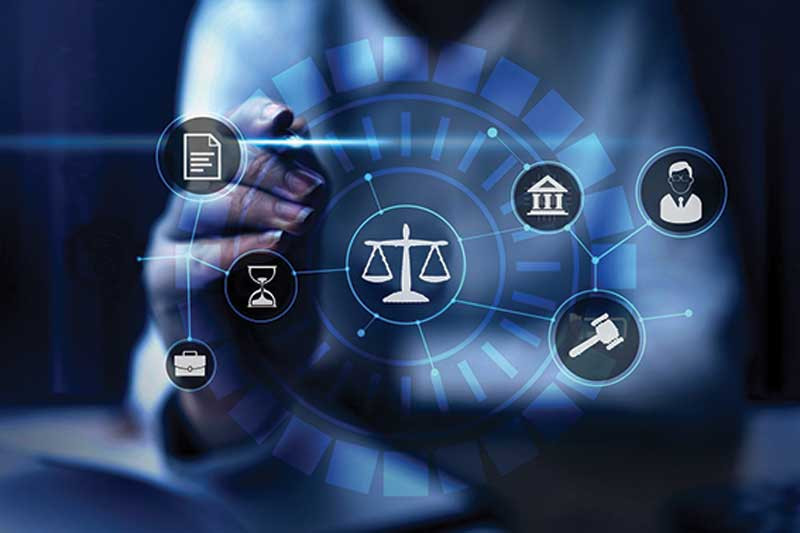
I have noticed that in the dynamic landscape of creativity, where art, music, and literature have traditionally been the domain of those with specialised training and resources, Artificial Intelligence (AI) is emerging as a powerful democratising force.
AI-powered tools are making the creative process more accessible to a broader audience, enabling individuals with limited technical skills to express themselves in ways previously unattainable.
This technological revolution is reshaping the creative world, offering unprecedented opportunities for innovation, inclusivity, and cultural expression.
AI has democratised creativity by making creative tools and processes more accessible, affordable, and user-friendly.
One critical point I can address is in relation to how AI tools are lowering barriers to entry in the creative industries.
For instance, music composition software that utilises AI can generate harmonies, melodies, and even entire arrangements, allowing aspiring musicians to create complex pieces without extensive knowledge of music theory or composition.
Similarly, AI-driven visual art applications can help users generate stunning artworks through simple interactions, bypassing the need for formal artistic training.
The reliance on AI in the creative sector does raise important questions about originality, but its impact can be nuanced and depends on how AI is used and perceived.
- Time running out for SA-based Zimbos
- Sally Mugabe renal unit disappears
- Epworth eyes town status
- Commodity price boom buoys GB
Keep Reading
AI models, especially those trained on existing datasets, may generate outputs that mirror prevalent styles, trends, or genres.
This can lead to a homogenisation of creative content, where the originality of new works is diluted by their similarity to existing ones.
Creativity often involves personal expression, emotional depth, and unique perspectives.
If AI is heavily relied upon, there may be a risk of losing the subtle nuances and emotional resonance that are typically imbued in human-created works.
This could impact the perceived authenticity and originality of creative outputs.
What I have observed is that when AI contributes significantly to a creative work, questions arise about authorship and intellectual property.
This can complicate the notion of originality, especially when the line between human and machine contributions is blurred.
It may become challenging to attribute originality to a specific creator, leading to debates about the ownership and value of AI-assisted creations.
Dependence on AI tools for creative processes might stifle individual creativity and experimentation.
If creators rely too heavily on AI-generated suggestions, they may not explore their unique ideas or challenge themselves to develop original concepts.
On a different note, the accessibility of AI-powered creative tools empowers individuals from diverse backgrounds to participate in the creative process.
This democratisation is crucial in amplifying voices that have historically been marginalised or underrepresented in the arts.
With AI, individuals can bring their unique cultural narratives and perspectives to a global stage, enriching the cultural landscape and fostering greater representation and diversity.
AI can also serve as an educational tool, assisting beginners in learning new creative skills.
For example, AI-based language models can help novice writers by suggesting improvements to their text, offering style variations, or providing inspiration through story prompts.
This interactive learning experience can accelerate skill development and inspire confidence in aspiring creators.
AI can introduce creators to new forms of artistic expression and techniques that were previously inaccessible or unknown.
This can inspire novel ideas and approaches, potentially enhancing originality by expanding the creative toolkit.
Rather than replacing human creativity, AI can augment it by providing inspiration, generating new combinations, or assisting with technical aspects.
This collaboration can free creators from routine tasks, allowing them to focus more on innovative and expressive aspects of their work.
AI can help creators personalise their work in unique ways, tailoring outputs to reflect their individual style or vision.
This customisation can enhance the originality of a piece by ensuring it aligns closely with the creator's intent and perspective.
AI's ability to analyse and generate large amounts of data can lead to the discovery of new patterns, themes, and trends.
Creators can use these insights to explore uncharted territories in art, music, or literature, pushing the boundaries of what is considered original.
Balancing innovation and authenticity in the creative sector requires a nuanced approach, particularly as AI becomes increasingly integrated into artistic processes.
To maintain originality, it is essential to leverage AI's benefits while preserving the distinctive qualities of human creativity.
This balance involves several key practices that creators and the industry as a whole should adopt.
First, ethical and transparent use of AI is paramount.
Clearly defining the role of AI in the creative process and being transparent about its contributions can help maintain trust and authenticity in creative works.
Audiences and creators alike need to understand when and how AI is used, ensuring that the use of AI enhances rather than overshadows the human element of creativity.
This clarity not only fosters a more informed appreciation of the final product but also respects the integrity of both human and machine contributions.
Continuous skill development is another crucial aspect. Encouraging creators to develop their skills and explore their ideas, even when using AI tools, helps preserve the essence of originality and personal expression.
While AI can provide valuable assistance and inspiration, the core of creative work should still be rooted in the unique vision and voice of the individual artist.
By honing their craft and staying engaged with traditional and innovative techniques, creators can ensure that their work reflects their personal touch and artistic intent.
Cultivating diverse perspectives is equally important in this balancing act.
AI can be a powerful tool for amplifying diverse voices and perspectives, counteracting the potential homogenisation that can occur when relying heavily on technology.
By training AI systems on diverse datasets and encouraging inclusive practices, the creative sector can produce varied and original content that reflects a wide range of cultural, social, and personal experiences.
As AI continues to evolve, its role in democratizing creative tools will likely expand, offering even more sophisticated and accessible solutions for creators worldwide.
The key to maximising the benefits of this technological shift lies in fostering a balanced approach that embraces innovation while addressing the ethical, cultural, and economic challenges it presents.
In this new era, AI is not just a tool, but a collaborator, opening doors to creative expression and expanding the horizons of what is possible.
By navigating these challenges thoughtfully, we can ensure that the democratisation of creative tools through AI contributes to a more inclusive, diverse, and vibrant cultural landscape for all.
Raymond Millagre Langa is musician, poet, orator, independent researcher and founder of Indebo edutainment Trust. You can follow on Facebook @Millagre Ray Langa, on X you can follow on #Millagre Langa, email. millagrepapito@gmail.com or indebotrust@gmail.com

